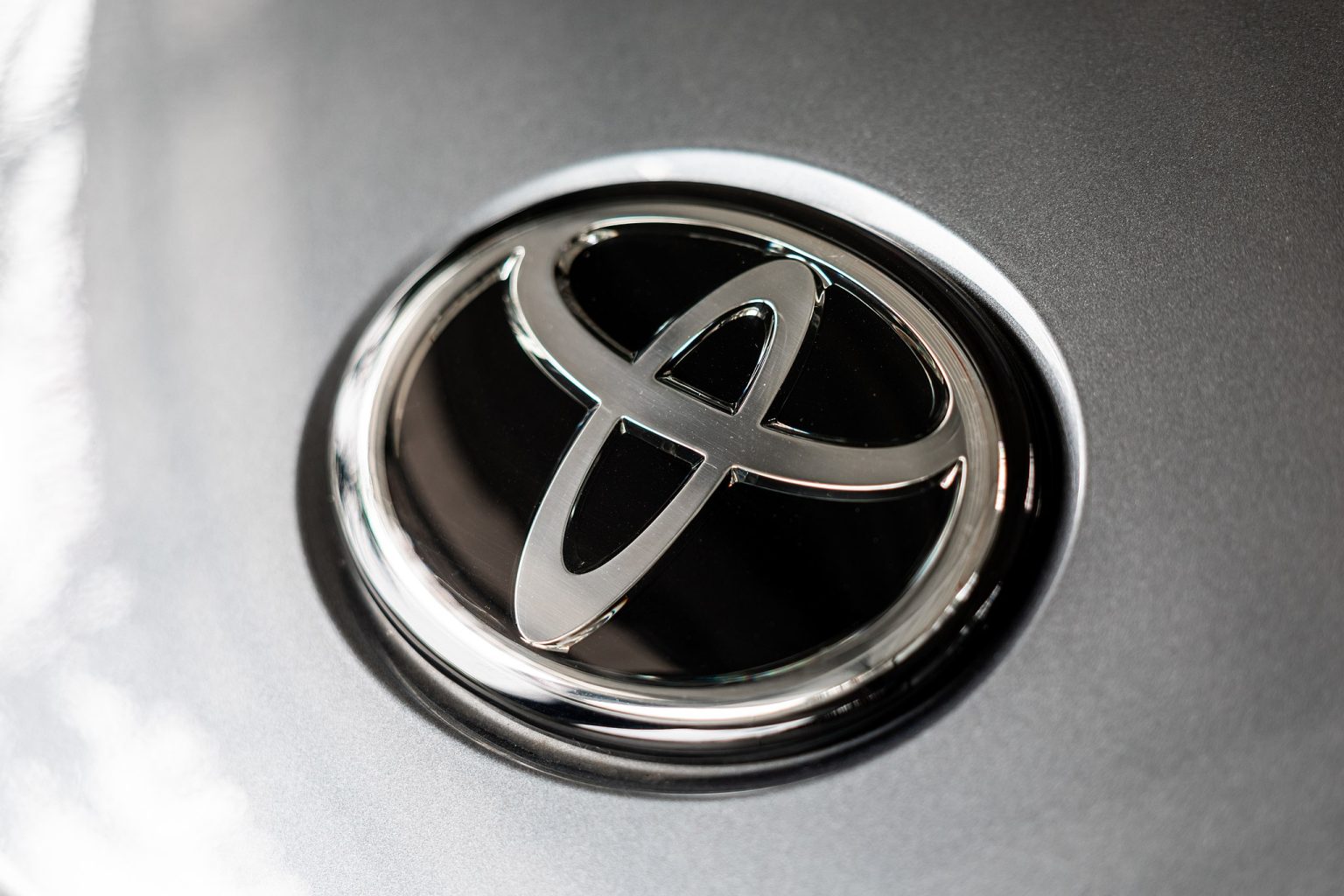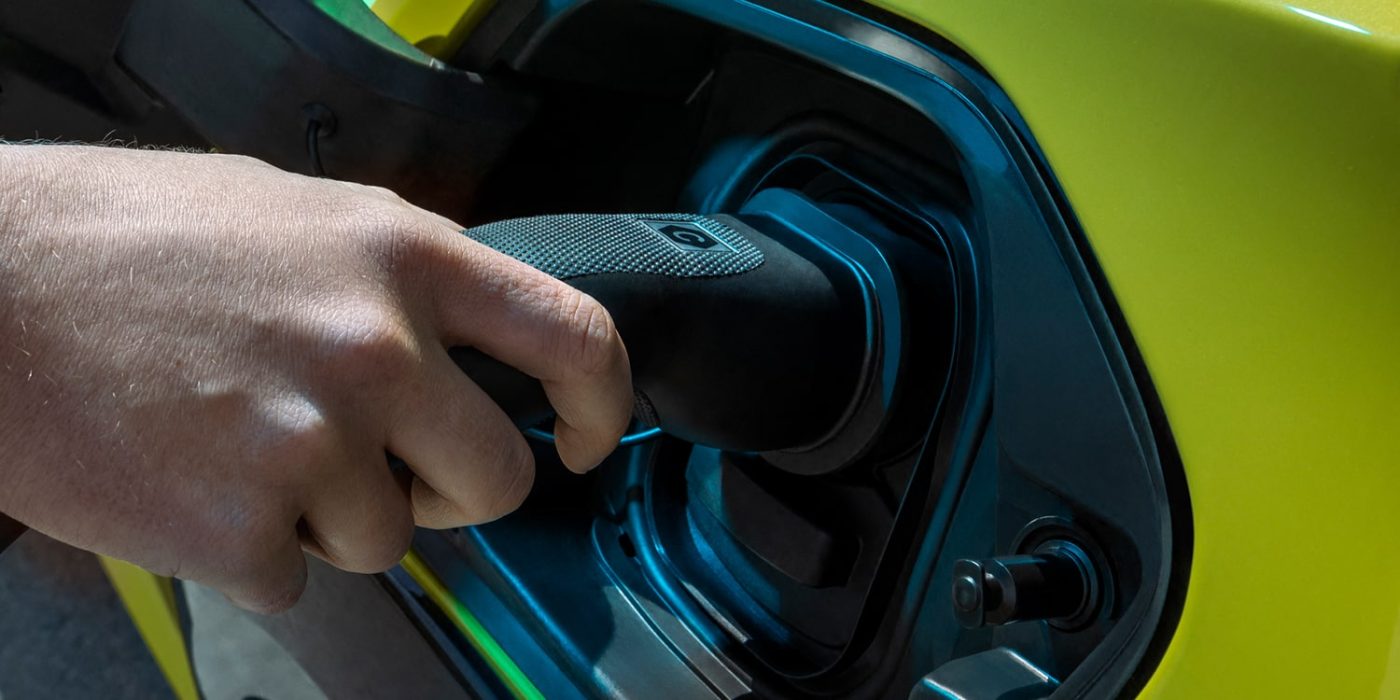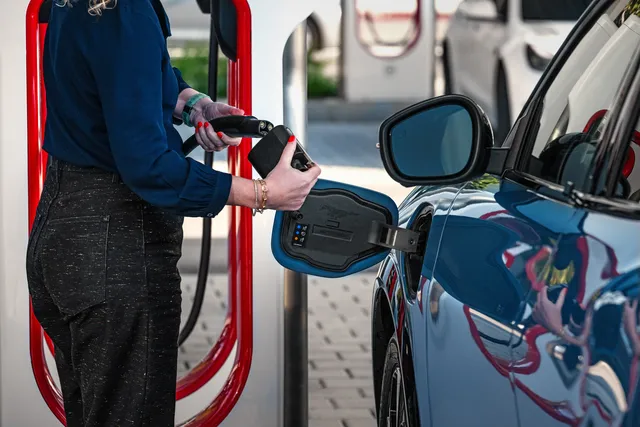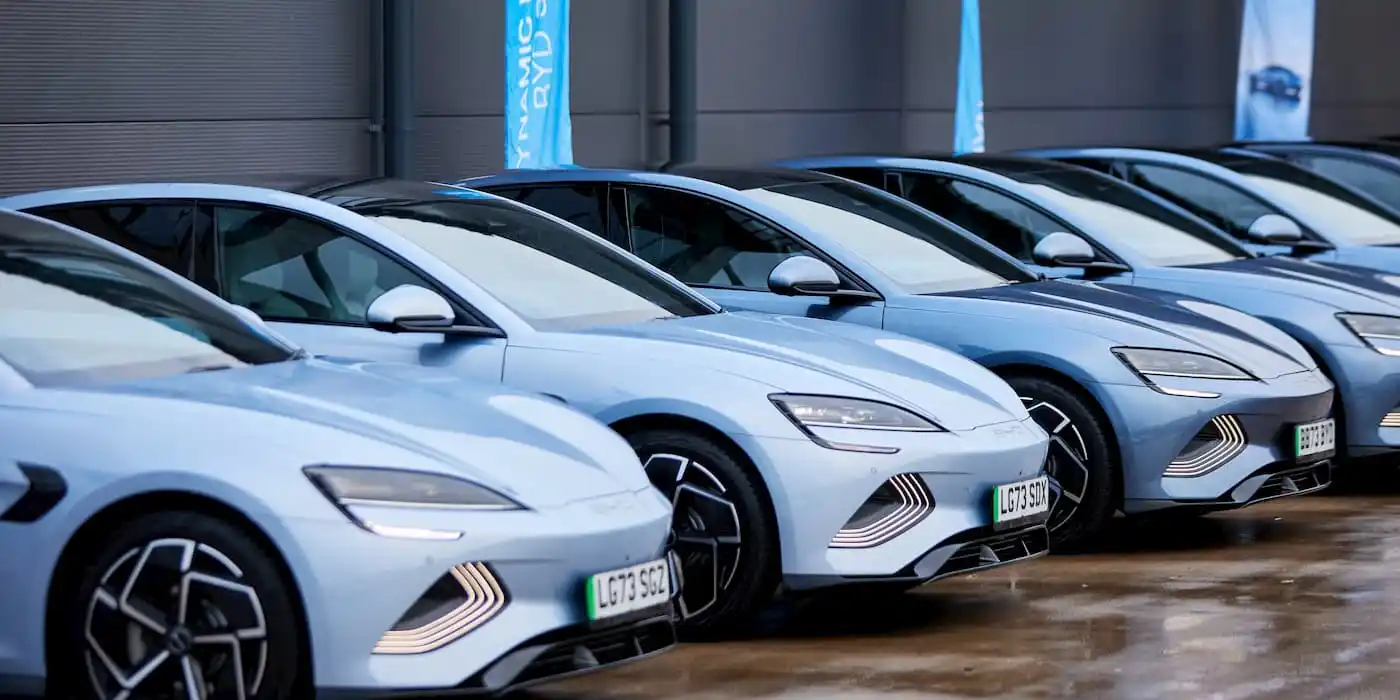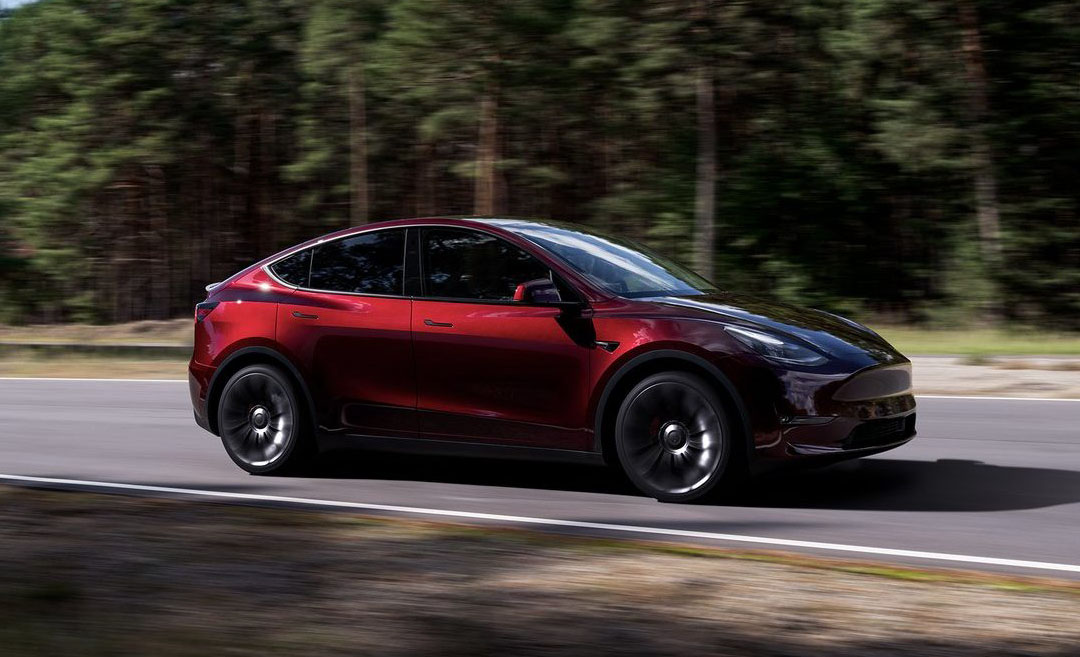The European auto industry could significantly reduce its carbon footprint by relocating battery manufacturing from China to Europe, according to new analysis by Transport & Environment. The study suggests that such a move could cut the emissions associated with battery production by 37 percent. Furthermore, if batteries were produced using mostly renewable energy, CO2 output could be reduced by as much as 62 percent.
Julia Poliscanova, T&E’s senior director of e-mobility supply chains, highlighted the importance of this potential shift: “Batteries, and metals that go into them, are the new oil. European leaders will need laser-sharp focus and joined-up thinking to reap their climate and industrial benefits. Strong sustainability requirements, such as the upcoming battery carbon footprint rules, can reward local clean manufacturing.”
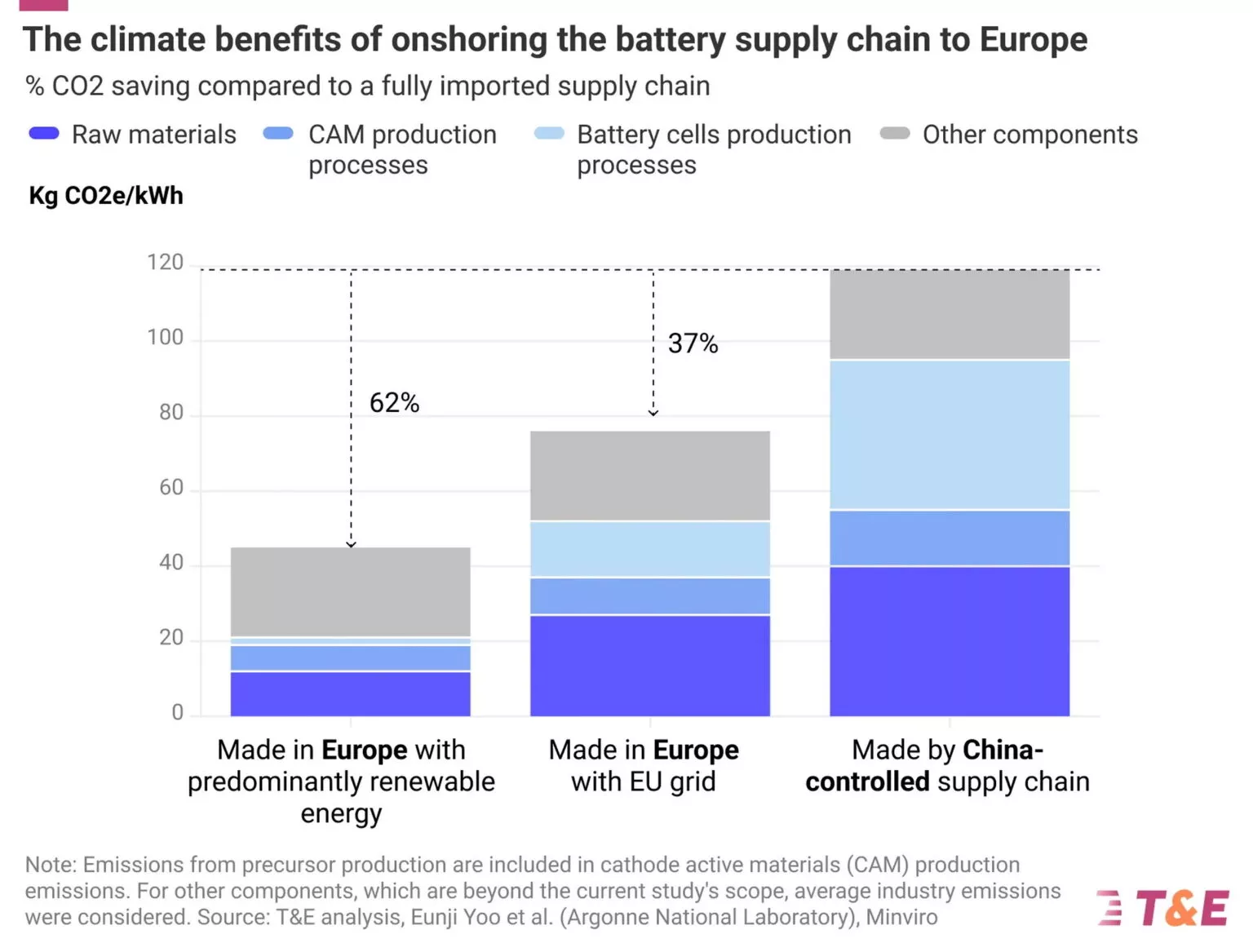
However, Poliscanova noted that Europe needs better mechanisms to encourage investments in domestic gigafactories. Currently, over half (53 percent) of announced battery production in Europe is at “medium or high risk” of being delayed, downsized, or canceled without government support.
Despite these challenges, there is positive momentum, with 47 percent of production locations planned for Europe by 2030 already secured, indicating a low risk of delay or cancellation. This marks an improvement from approximately 33 percent a year ago.
“The battery race between China, Europe, and the US is intensifying. While some battery investments that were at risk of being lured away by US subsidies have been saved since last year, close to half of planned production is still up for grabs,” said Poliscanova. “The EU needs to end any uncertainty over its engine phase-out and set corporate EV targets to assure gigafactory investors that they will have a guaranteed market for their product.”


